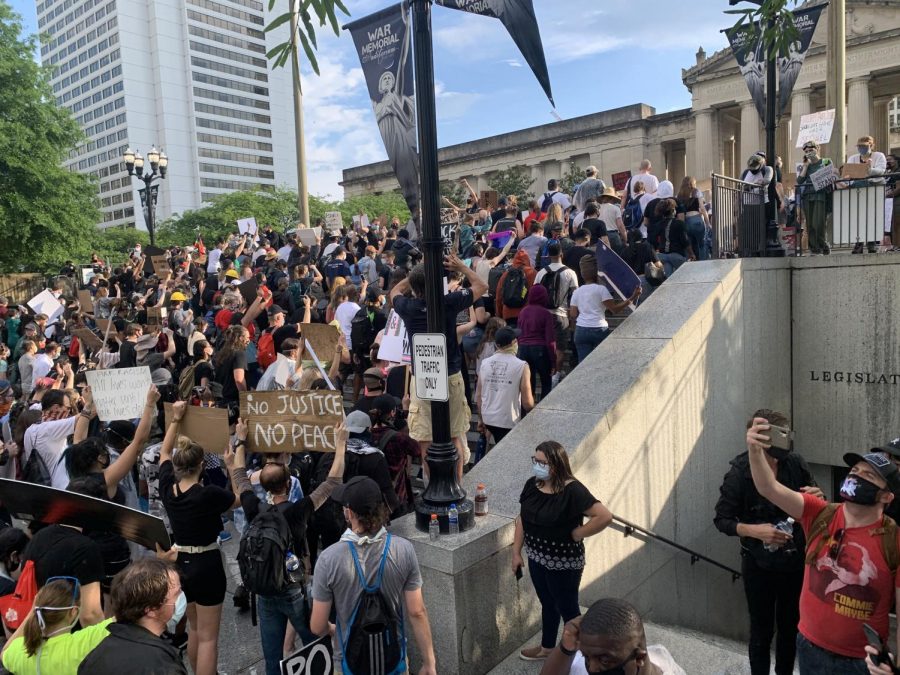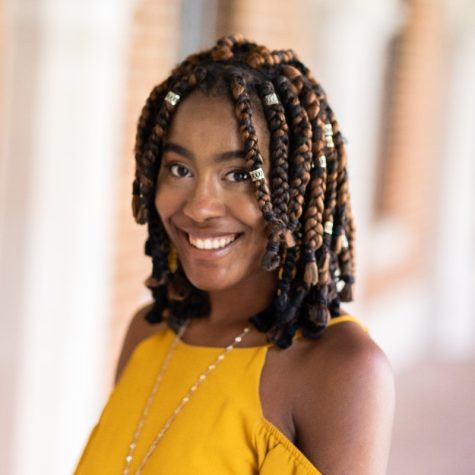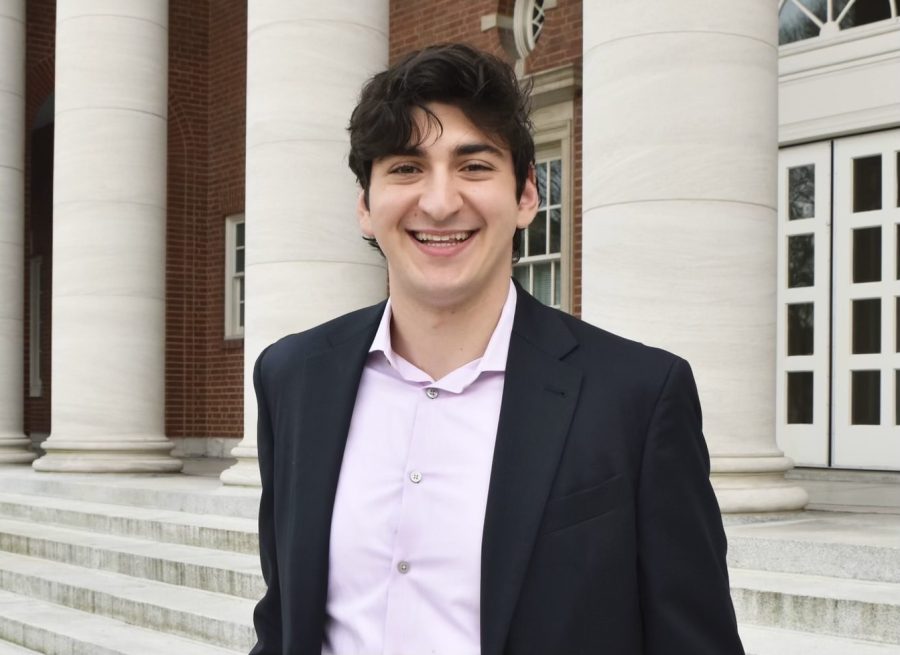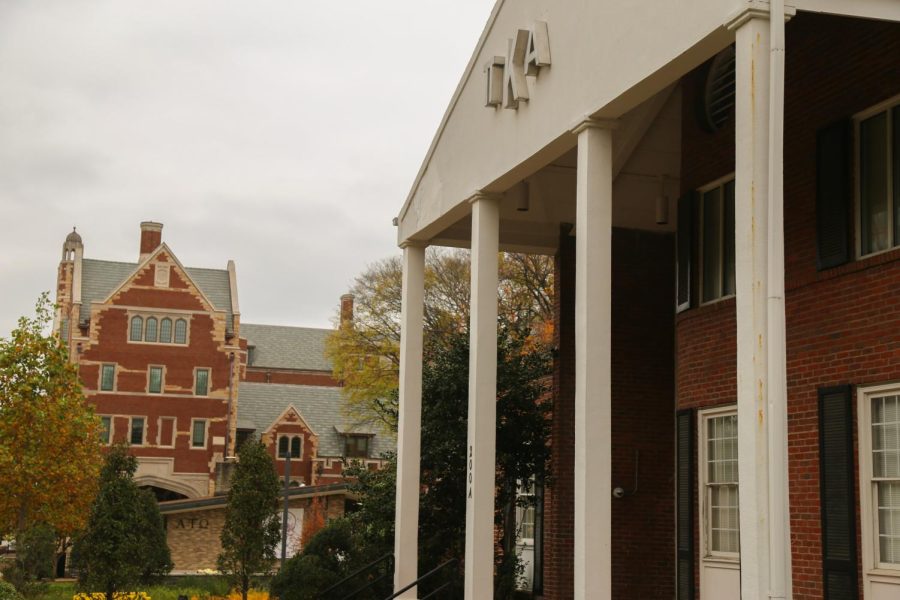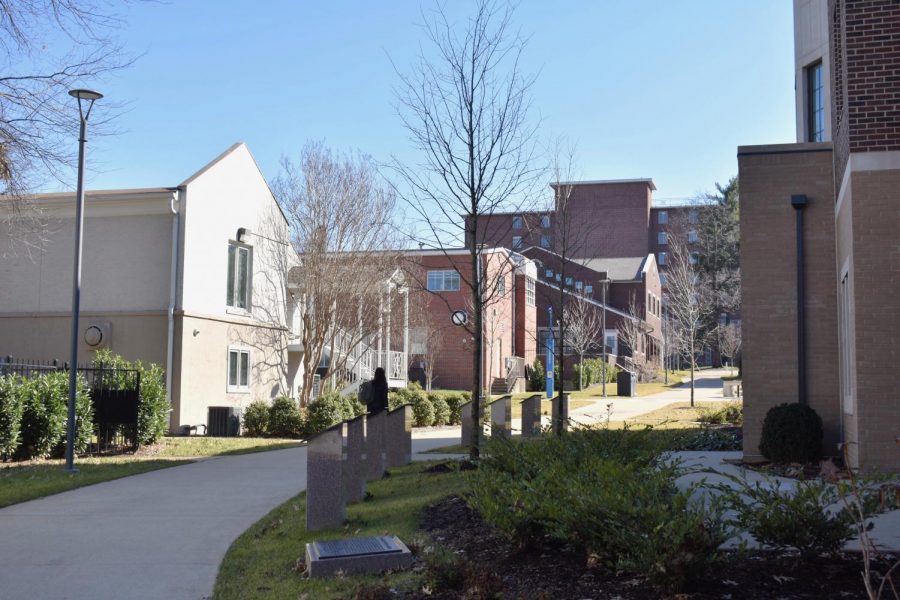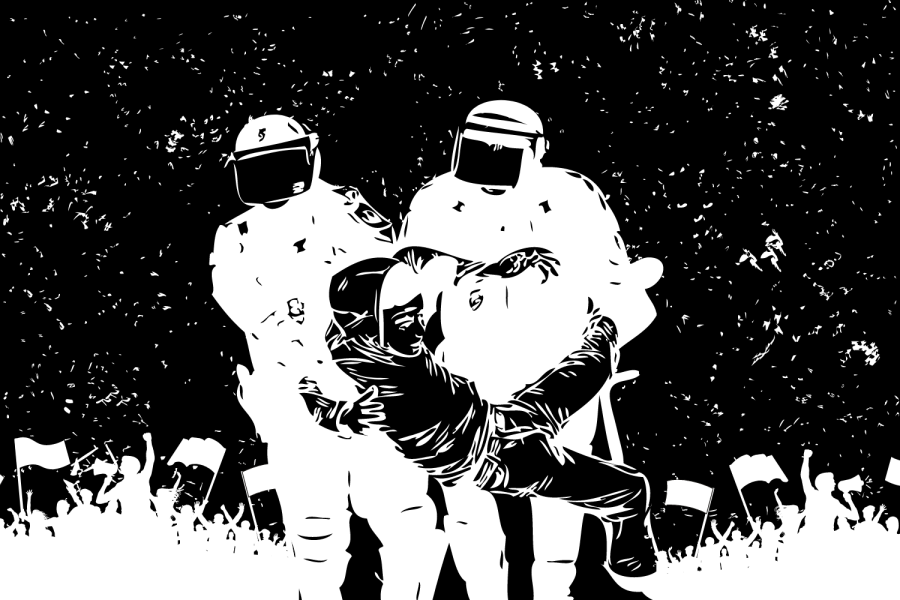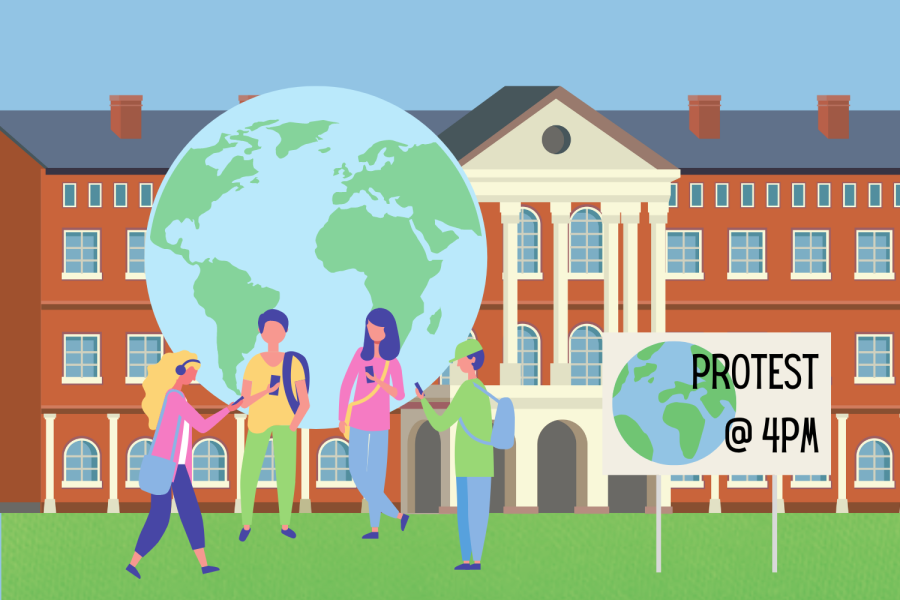I hate when AAVE makes it into mainstream white culture—there I said it. I hate it because almost every time it happens, words and phrases made by Black people lose all of their meanings and take on new, gentrified ones. With social-media, AAVE has become the preferred dialect of the Internet. I call it the Iggy Azalea effect. More formally, this phenomenon is known as linguistic appropriation, a type of appropriation where individuals take on the personas, language and culture of Black people for popularity’s sake. AAVE has become a master-list of Generation Z social-media buzzwords: “sis,” “period,” “tea,” “snatched,” “snack,” “Karen.” These words don’t appear in normal dictionaries, and Urban Dictionary, where these definitions are from, has effectively been the glossary of social language for the last decade. This language is more often than not AAVE. Even its name of “urban” is a nod to the coded language used to describe Black people. The list of words and phrases go on and on, but my favorite gentrified term ever would have to be “woke.”
As Merriam Webster describes it, “Woke is a slang term that is easing into the mainstream from some varieties of a dialect called African American Vernacular English (sometimes called AAVE)” and means to be “aware of and actively attentive to important facts and issues (especially issues of racial and social justice).” This word has since been co-opted to describe social-media activism: a special brand of “advocacy” where participants post black squares on their Instas and caption it #blm, or “activists” post selfies or memes and caption them with the names of dead Black people, for example. (Newsflash: posting your selfie with the caption “Arrest the killers of Breonna Taylor” does nothing but further dehumanize Black women.) Not to mention, “woke” has become an inherently political word, which by extension makes the issues “woke” activists advocate for political. That’s the reason why I hate it when AAVE goes mainstream. Words like “woke” quickly become warped and conform to fit the political agendas of non-Black people on issues that shouldn’t have been lazily labeled as “politics” to begin with.
Moreover, “woke” activists who are “pretentious about how much they care about a social issue,” as Urban Dictionary put it, more often than not pick which social issues to care about based upon their popularity. On top of that, in order to keep up the appearance of wokeness, they tend to parade their activism but never truly do all of the work. For example, “woke” social-media activists pose with pink pussy hats but pick and choose which survivors are worthy of justice. They post anti-racist booklists and never read any of the works. They reserve their “fuck ICE” tweets solely for legal international students and are silent when it comes to the human rights violations against the undocumented. Recently, however, wokeness has been intertwined with the campus crusade to abolish white Greek life.
Whenever I post new articles on The Hustler’s site, I read through a few of the comments. On many of the Greek Life editorials, comments have diminished the Abolish Greek Life (AGL) movement to a “woke” competition. The term “woke” can be found in the comment section of every Greek Life-related opinion piece we’ve published since the current movement began, and saturates Instagram posts where the AGL movement thrives. One comment on Delta Tau Delta’s disaffiliation statement accused them of dropping their Greek letters in an attempt to earn “woke cred.” Another comment on a recent guest editorial reduced the movement to a “political issue” and claimed that “Expressing insufficiently woke ideas on campus has had severe social consequences for people I know.” “Wokeness” has become a social game, and in some aspects, rightfully so. If one doesn’t seem “woke” enough, their social life takes the hit. While I am all for unfriending people who didn’t and still don’t advocate for Black Lives Matter (because of obvious reasons like my skin color), the social competition of cultural elitism not only undermines the genuine efforts like those of the former Delts but has resulted in both performative activism and conditional advocacy.
As a result of wokeness, popularity can easily become someone’s reason for caring about a social issue. This activism festishization leads those “advocates,” often with the hugest platforms, to ignore the less popular and palatable facets of an issue. Thus, the problem of conditional advocacy is brought about: a result of “woke culture” that allows us to pick the type of people we advocate for. For instance, it’s easier to advocate for someone if we push the narrative that they were kind and gentle. In the Black Lives Matter movement, it’s easiest for woke conditional advocates to be proponents for Black people who were compliant in their encounters with the police. We see it time and time again with every national reawakening of the BLM movement; those who are obedient and don’t have a criminal record are more advocated for, and more likely to receive symbolic justice because of that advocacy. They’re more likely to be advocated for because white people can better relate to them due to their white experiences with the police. Yes, it’s easier to advocate for someone because police abuse that occurs during compliancy appears to be a more blatant injustice. However, only advocating for those who are innocent or compliant and kind asserts that we, as Black people, deserve to die if we are guilty or stand up for ourselves.
While white allyship and POC solidarity strengthen movements, the conditional advocacy that takes place only makes it harder for others to be advocated for, such as the so-called “thugs” and “criminals.” Conditional advocacy makes it easier to say “they deserved it” or “they had it coming.” The current wave of Black Lives Matter erupted after the lynching of George Floyd. Luckily, he was innocent. However, I wouldn’t be surprised if the current movement’s unprecedented white support would falter if Floyd was painted as a criminal, or worse, dared to say “no” or fought back and refused to lay on the pavement he would eventually be murdered on.
Conditional advocacy goes beyond BLM. Conditional advocacy allows us to pick and chose which type of women we believe in sexual assault cases. It allows us to pick which type of immigrants we advocate to be in our country. It allows us to advocate for people through an unconscious lens of their proximity to whiteness. And lastly, it allows us to rationalize advocacy through exceptionalism. We saw this in the fight for international students against the ICE policy that would’ve revoked their visas. Colleges like Vanderbilt advocated for them and listed their economic value as a reason. Petitions for international students justified their safety based upon how much they contributed to the American economy. Assigning an economic worth to a group, especially one of minorities and immigrants, asserts that they are the exceptional portion of their demographic. Using such trivial reasons to rationalize why international students deserve to be protected during a pandemic replaces the humanity and empathy we should always have for the marginalized with our own social conditionalities.
How easily the support of college administrations could have disappeared without the economic value of international students is why the policy wasn’t a matter of politics. How easily the amount of non-Black support could have shifted depending on what “type” of person George Floyd was is why Black Lives Matter isn’t a matter of politics or wokeness. Both instances are a matter of ethics. “Wokeness” has made it easy for us to label social movements as political disagreements, whether it be something as grave as BLM, as drastic as the recent ICE policy or as local as the Abolish Greek Life movement. It then leads us to dismiss the legitimate concerns that many students have on both sides of the AGL movement, for example, as attempts to earn “woke cred.” Yet “wokeness” and the inherent desire it brings to seem cool and conversant is also an underlying reason for the activism of today’s generation.
There will always be those who raise signs for likes and retweets, yet in between those people, real activists from the “woke generation” emerge.
I hate that “woke” was lured out of AAVE and into mainstream white culture. However, only when conditional advocacy is no longer an inexorable side-effect of “wokeness,” will the word embody what it meant to begin with. And that’s on us to fix by questioning our own advocacy and interrogating our own underlying conditions for that advocacy. If you find that your advocacy is conditional, it is then meritless. If those conditions cannot be done away with, your advocacy may end up hurting the movement you’re a part of.












